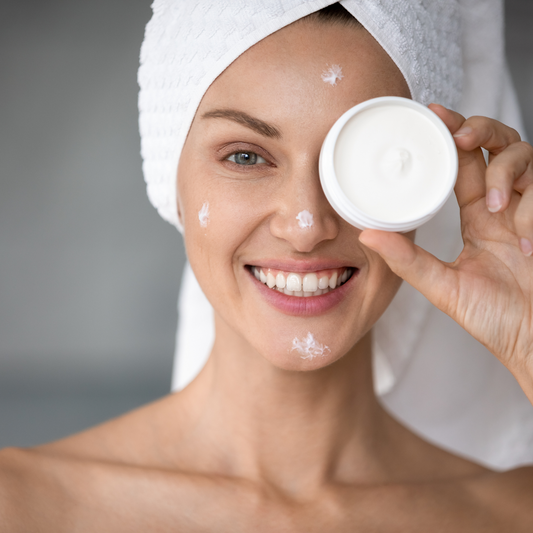
Nonpareil skincare was inspired by my realization of the influence the microbiome, including the skin microbiome, can have on the state of well-being. The skin microbiome helps maintain the skin's barrier function, supports immune responses, and protects against harmful pathogens. Imbalances or alterations in the skin microbiome can lead to various skin conditions or affect the skin's aging process. Although the exact mechanisms linking the skin microbiome and skin disorders are not yet fully understood, several factors have been proposed including inflammation and oxidation.
Disruption of the skin microbiome, known as dysbiosis, can contribute to the manifestation of common dermatological disorders that encompass a wide range of conditions that affect the body’s largest organ. These can include hyperpigmentation, acne, characterized by pimples and blemishes; eczema, causing itchy and inflamed skin; psoriasis, leading to scaly patches; dermatitis, resulting in redness and itching; fungal infections like athlete's foot; keratoses, which involve thickening of the outer skin layer; melasma, causing brown or gray patches on the skin; and melanoma, a potentially deadly form of skin cancer. Skin disorders also comprise rosacea, marked by facial redness and visible blood vessels, as well as hives, a rash triggered by allergies. Skin health is vital, and understanding these common disorders helps in their prevention, management, and treatment.
During the aging of human skin, several intrinsic and extrinsic factors cause the alteration of the skin’s structure, function, and cutaneous physiology often leading to localized hyperpigmentation. Pigmentation is an outcome of the interplay between melanocytes where melanin is produced and neighboring cells, such as keratinocytes and fibroblasts, where the melanin ends up.
Nonpareil skincare products combine ingredients generally recognized as safe (GRAS) by the FDA to address dysbiosis and support skin health...






